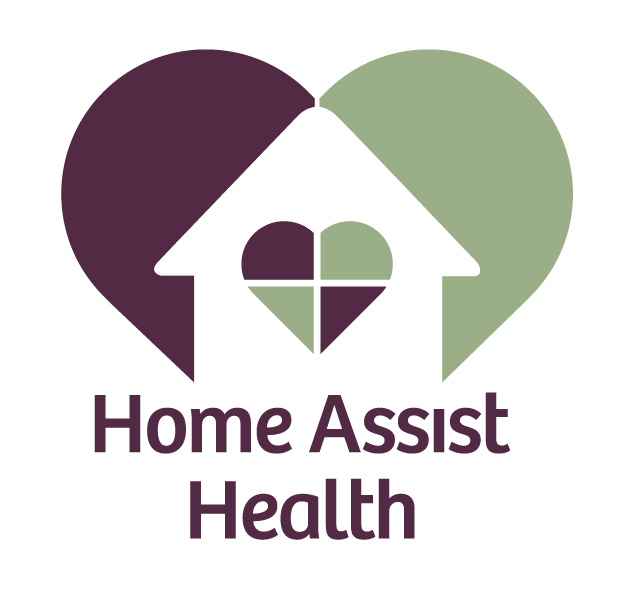 The purpose of National Nutrition Month is to bring awareness to the value of making educated food choices and promoting healthy eating and physical activity habits. Now is the perfect time to consider the impact certain food choices have on your body. Eating well promotes longevity and better quality of life, including your physical, mental, and emotional wellbeing.
The purpose of National Nutrition Month is to bring awareness to the value of making educated food choices and promoting healthy eating and physical activity habits. Now is the perfect time to consider the impact certain food choices have on your body. Eating well promotes longevity and better quality of life, including your physical, mental, and emotional wellbeing.
For older adults, especially, reassessing your dietary needs is critical as an unbalanced diet can lead to several serious health concerns, such as:
• High blood pressure
• Osteoporosis
• Heart disease
• Cancer
Aging also typically results in less activity and our bodies don’t need as many calories as our metabolism slows and our bodies process food and nutrients differently than before. It’s important to monitor any changes seniors may have to discuss with their physicians or family.
Challenges to keeping a healthy lifestyle
It can be difficult for older adults to maintain a healthy lifestyle and a balanced diet. Seniors face several hurdles, such as:
• Appetite change – Can be caused by reduction of smell, and taste
• Inactivity – Affects caloric intake and metabolism
• Reduced independence – Inability to cook for themselves
• Transportation barriers – Minimal or no access to in-season, fresh, whole foods
• A low or fixed income – Reduces access to healthy food due to budgeting changes.
Moreover, physical issues such as dental problems, gastrointestinal discomfort and generally just not feeling well can negatively affect the ability to eat the proper amount of the right food.
Make every month National Nutrition Month
The USDA released an updated food pyramid to give clarity to what people should eat every day. The tool, called MyPlate, is a simple graphic depicting how each of the five food groups should appear on your plate. These food groups are the foundation of a healthy diet. It’s a great tool, especially because they put together plates for every age group. Below is an example of what older adults should include on their plates each day.
